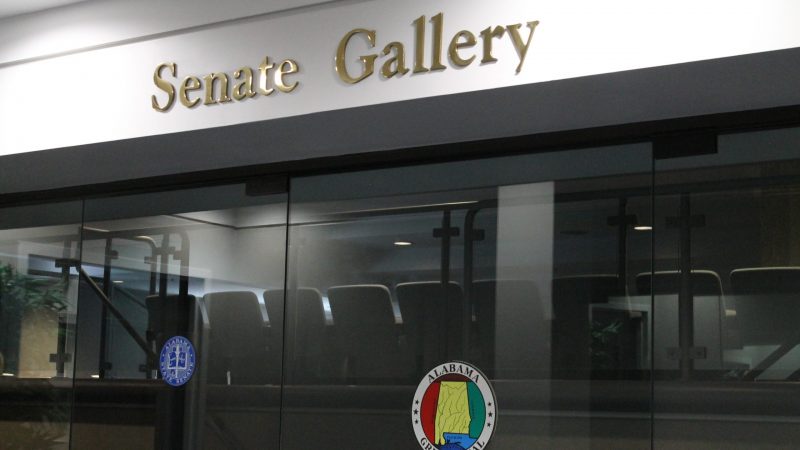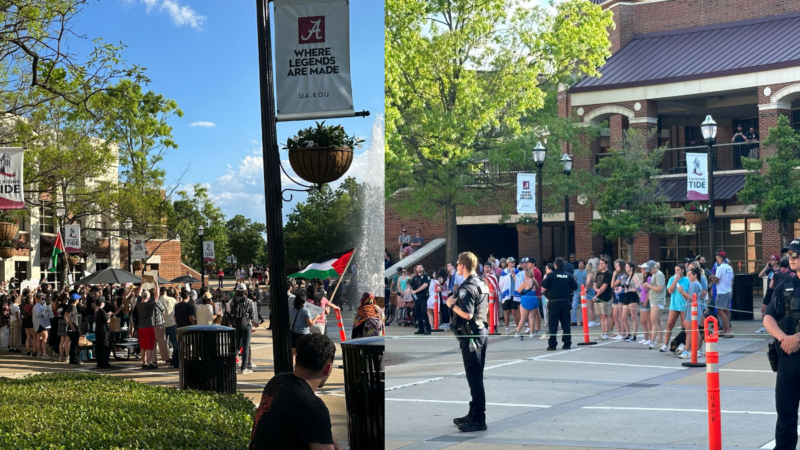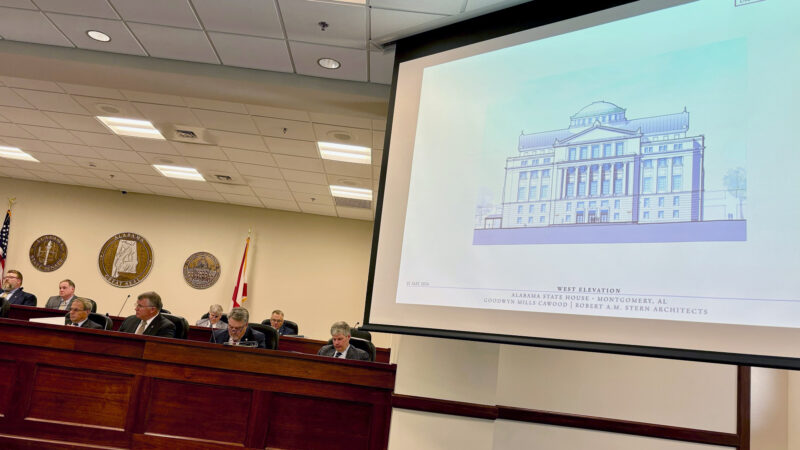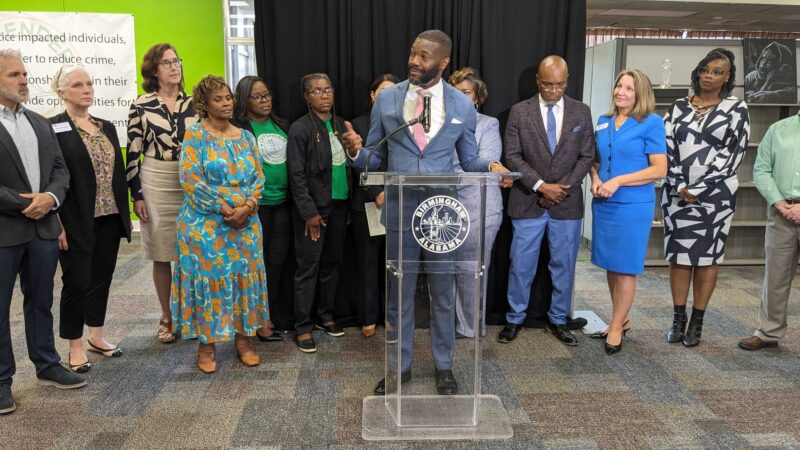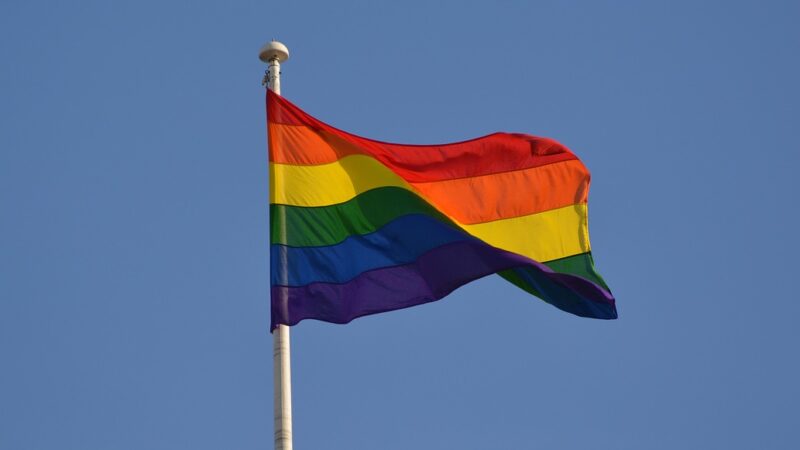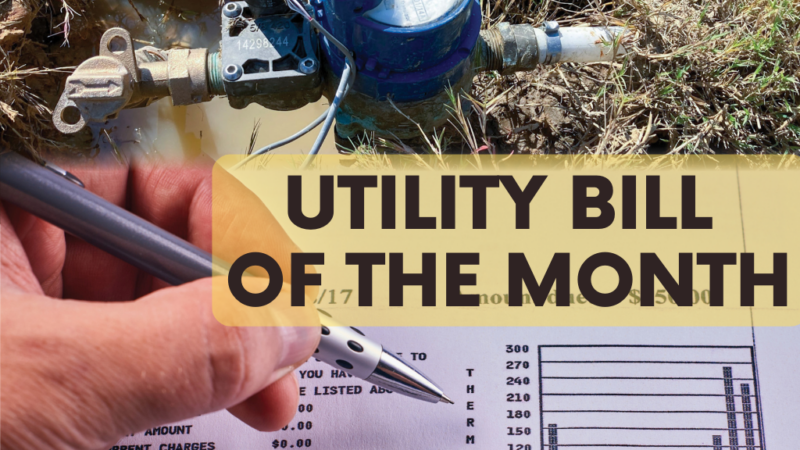The “New” New South
It doesn’t take a PhD to figure out why so many northern blacks are moving back to the Sunbelt. The weather is hot and so is the economy. Companies from other parts of the U.S. and around the world are relocating to the south at a record clip — bringing with them good paying jobs that make it easier for Alabama Governor Bob Riley to sell the south.
“In 1995, there was not a single automobile being produced in the state of Alabama. But today ladies and gentlemen, in less than ten years, there’s over 800-thousand being produced. This is incredible.”
More than 680,000 African-Americans relocated to the South from 1995 to 2000 to work in the new manufacturing plants, open their own businesses or pursue other professional opportunities. For musician and poet Sharrif Simmons it was the lower cost of living and a better quality of life for his 10-year-old son.
“Having access to more room, to just kind of breath and enjoy nature a lot more!”
Simmons himself grew up in Ethiopia and New York City. His aunts owned Harlem’s renowned Liberation Bookstore. When he announced to friends and family last year that he was moving to Birmingham, they balked because of the city’s history of racial unrest.
“But, you know we’re 30, 40 years away from that now. And things are much more surprisingly progressive than certainly a lot of people know in this country. You know it’s as dangerous in New York as it is here. You know I’ve had my fair share of police harassment in New York City, unjustly, completely singled out, complete victim of profiling in a predominately black neighbhorhood. I’ve found that coming here and experiencing it, there?s definitely less tension around personal safety.”/p>
But tension is rising around the migration of African-Americans back to their ancestral homesteads in the south. Most southerners agree that blacks are part of the rich cultural history of the south and deserve their equal place in civic affairs. But there’s growing concern that some elements of the “Old South” are resurfacing at a time when support for affirmative action is weakening nationwide and public schools continue to re-segregate. Marlene Rikard is a history professor at Samford University.
“I think there is that backlash. The south is changing rapidly and southerners often feel challenged or threatened by rapid change.”
And there’s tension within the black community itself, says Rikard’s colleague Jonathan Bass. Bass works with several inner-city African American church groups in Birmingham who feel they’ve been ignored by newly relocated middle class blacks.
“A lot of these african americans feel like they’re returning to the land of their ancestors, but they’re not really willing to return to the life of their ancestors, which was an impoverished class of people, perpetually impoverished, that they were an underclass of Southern society, politically, economically.”
But, as more African-Americans move south, their political force is being felt. Several major southern cities have black mayors and southern states shape presidential politics because, as Samford political scientist Randolph Horn says, it’s hard to win the White House without winning the south.
“It’s mathematically possible, but it’s difficult — so for republicans to win they need to hold the south and for democrats to win they need to break the south.”
How likely is that? There are two competing theories, says Birmingham Southern College political scientist Natalie Davis.
“More minorities attracted to cities, more people being better educated, more women working outside the home and all of that kind of works together and creates a synergy for democrats.”
Davis says the counterview is that rather than seeing the growth of what are called ideopolises — creative places where democrats thrive — the south may see more micro-polises.
“These are areas that are somewhat outside of cities, where a major organization, let’s say a FedEx or UPS locates, creates a kind of community of its own — very much attached to community, to church.. and that bodes well for republicans.”
Politics aside — better jobs, safer neighborhoods and warmer weather seem the trifecta for those betting on whether cities like Atlanta, Memphis, and Birmingham continue to see a steady migration of black, white, brown and other.
Gambling bill in doubt with three days left in the legislative session
Alabama lawmakers are coming down to the finish line for this year’s legislative session. Many bills await passage, but perhaps the biggest one up in the air is a lottery and gambling bill.
Pro-Palestinian demonstration draws counter-protest at University of Alabama
Students gathered demanding the school call for a permanent and immediate ceasefire and to push the school to sever ties with defense contractor Lockheed Martin.
A new Statehouse and related projects will cost about $400 million
The Alabama Legislative Council, a 20-member panel comprised of legislative leaders and their appointees, approved the construction of the new Statehouse last year. The panel was given an update on the project on Wednesday.
New pilot program will offer housing, resources to people leaving prison
The Birmingham Reentry Alliance will provide wrap around services to dozens of men and women adjusting to life after prison.
Alabama committee advances ban on LGBTQ+ pride flags in classrooms
The Senate Education Policy Committee voted 5-2 for the House-passed bill, putting the proposal in line for a possible final passage in the last four days of the legislative session.
A New Orleans garden paid hundreds of dollars in fees for a sewer that doesn’t exist
Galvez Garden owner Lissie Stewart has been fighting the New Orleans Sewerage and Water Board over inaccurate billing for years.

